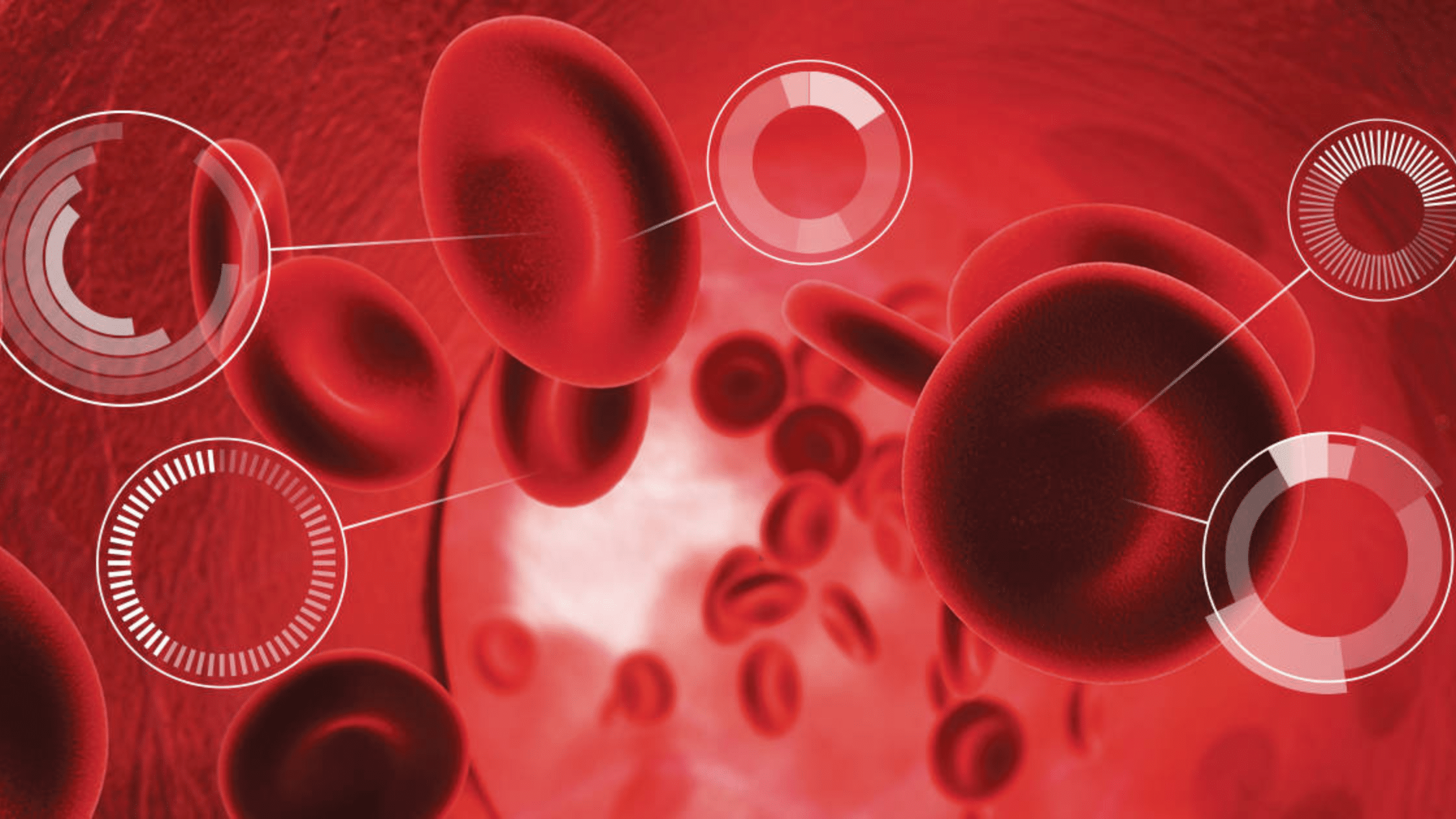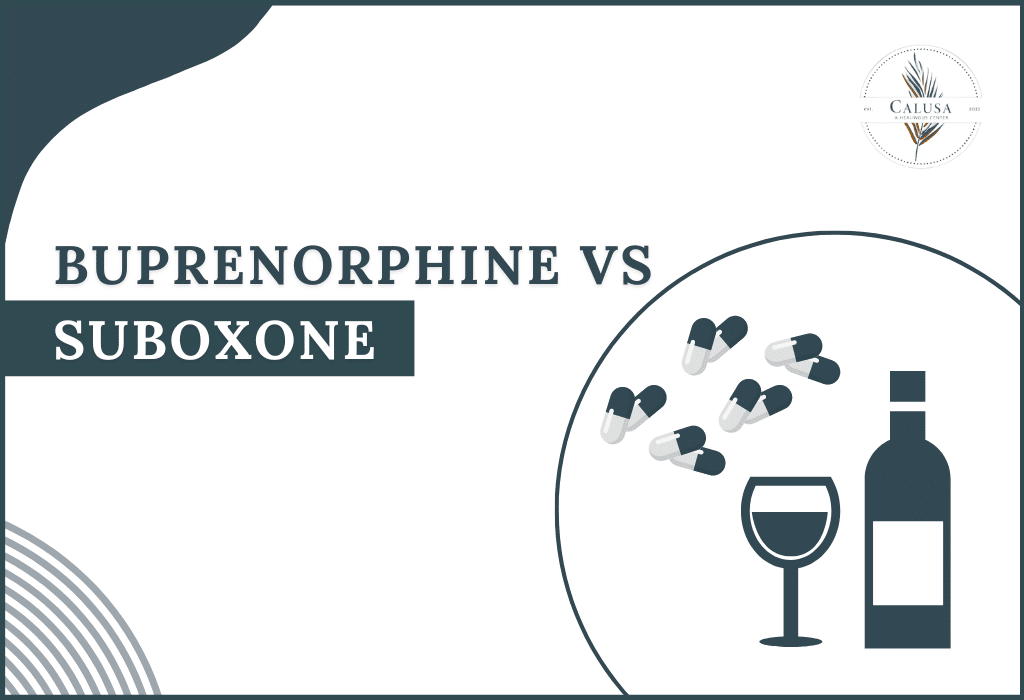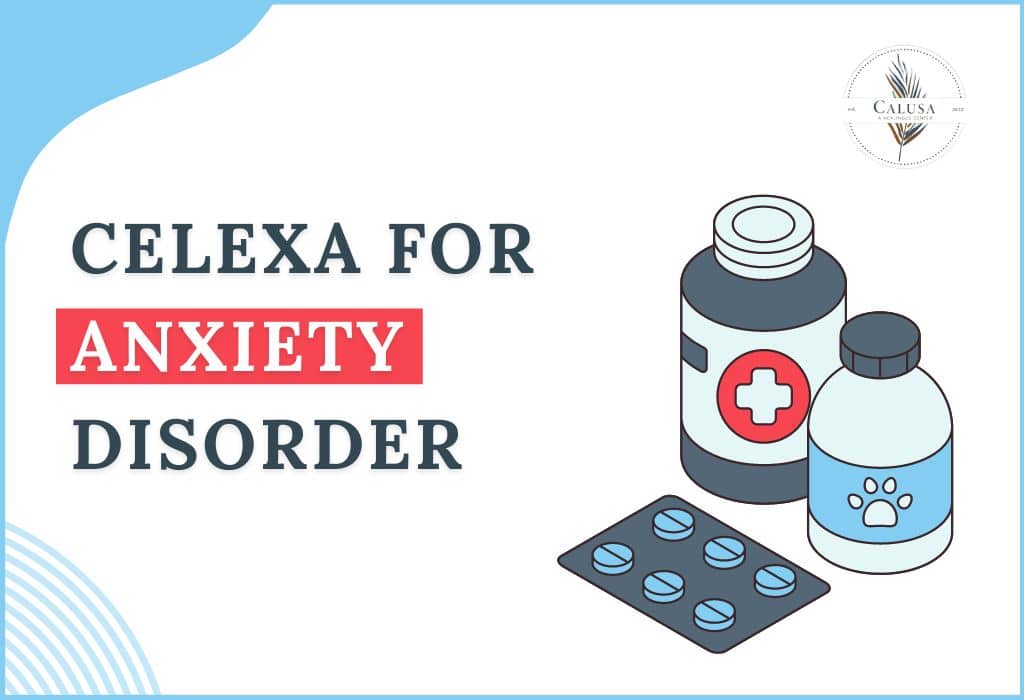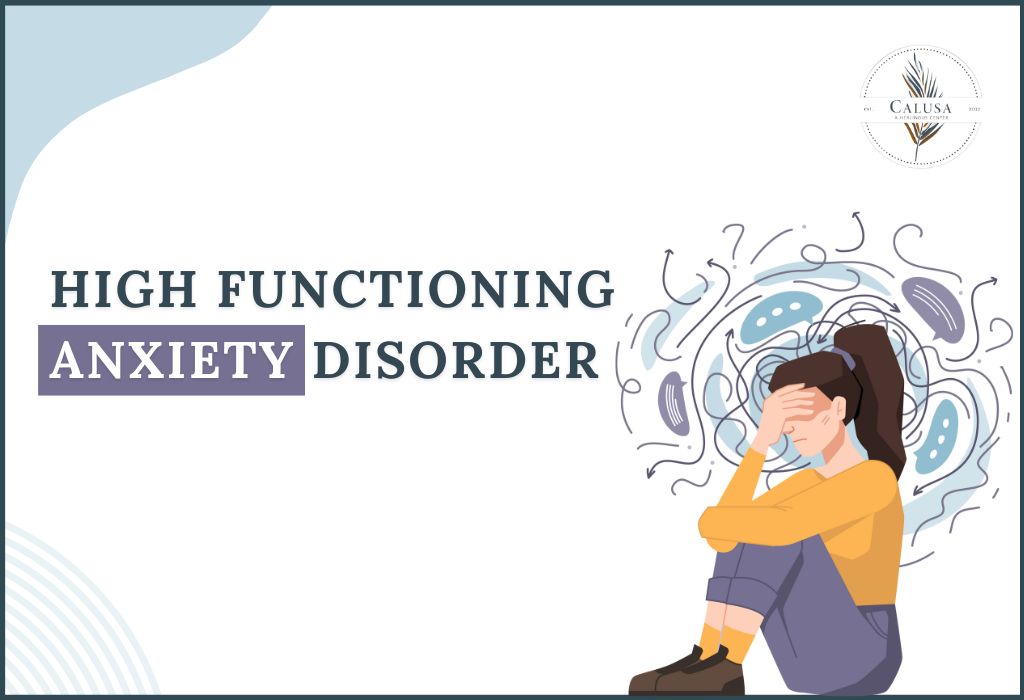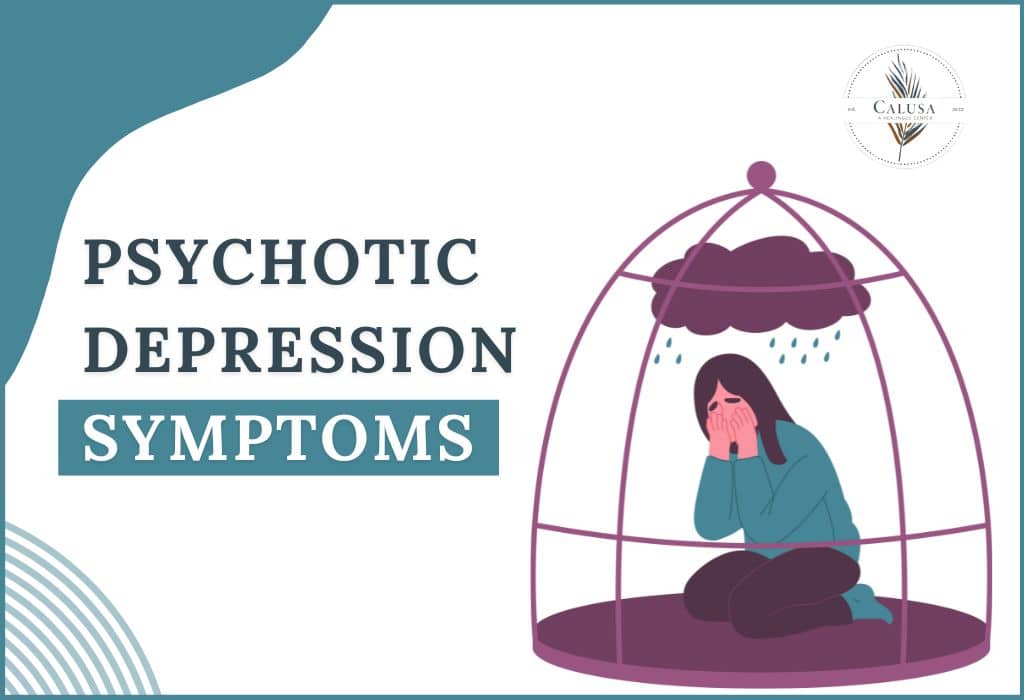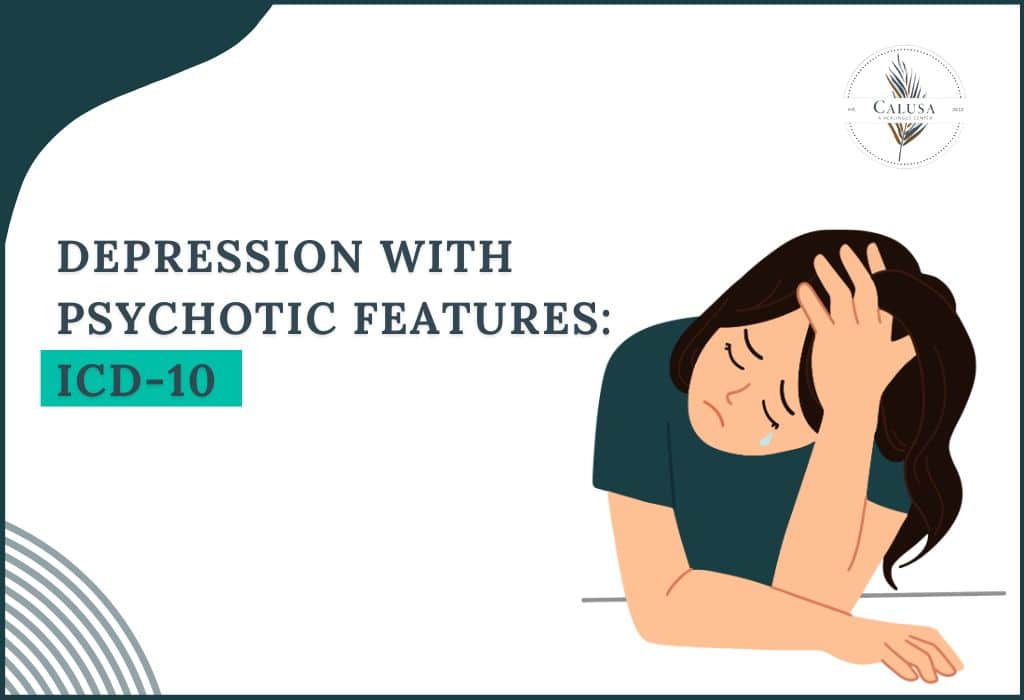In the hustle and bustle of our modern lives, filled with deadlines, constant connectivity, and on-the-go meals, one vital aspect often takes a backseat – our nutritional well-being. The food choices we make directly impact the intricate balance of vitamins and minerals our bodies require to function optimally. Yet, amidst the chaos, it’s easy to fall into patterns that may inadvertently lead to nutrient deficiencies, setting the stage for a host of health issues.
Have you ever wondered about the state of your internal health – the silent processes and intricate balances within your body that keep you going? The truth is, our bodies are complex, and maintaining their harmony requires a delicate balance of nutrients.
This is where the humble blood test, a critical tool in assessing nutrient deficiency, emerges as a beacon of insight, helping us unravel the mysteries that lie beneath the surface. Whether it’s determining the levels of essential vitamins like Vitamin D or identifying potential imbalances, a comprehensive blood test provides a snapshot of your internal health.
Speaking of Vitamin D, a common concern is, “How long does Vitamin D take to work?” The effectiveness of Vitamin D supplementation varies from person to person and depends on factors such as dosage, individual absorption rates, and existing deficiency levels. Generally, improvement in Vitamin D levels may be observed over weeks to months, but it’s crucial to consult with a healthcare professional for personalized advice based on your specific circumstances.
So, as we navigate the demands of modern life, let’s not overlook the importance of understanding our internal landscape through regular blood tests for nutrient deficiency. It’s a proactive step towards maintaining a healthy balance and addressing potential issues before they escalate.
Blood Test: A Beacon of Insight into Nutrient Deficiency
This is where the unassuming blood test emerges as a beacon of insight, aiding in unraveling the mysteries beneath the surface. Here, the specific phrase “blood test nutrient deficiency” takes center stage, highlighting the critical role this simple yet powerful diagnostic tool plays in understanding and addressing nutrient imbalances.
Detecting Nutrient Deficiencies:
- The blood test, explicitly designed to uncover nutrient deficiencies, serves as a diagnostic window into our internal health.
- It meticulously analyzes the levels of crucial nutrients like vitamins, minerals, and other essential elements circulating in the bloodstream.
Early Warning System:
- Nutrient deficiencies often manifest silently, without overt symptoms.
- The blood test, acting as an early warning system for nutrient deficiency, explicitly detects imbalances before they lead to noticeable health issues.
Tailoring Personalized Interventions:
- Armed with insights from the blood test results focused on nutrient deficiency, healthcare professionals can tailor personalized interventions.
- This explicit approach allows for targeted strategies to address specific nutrient deficiencies, ensuring a more effective and efficient resolution.
Preventing Health Complications:
- Timely detection of nutrient deficiencies through the blood test nutrient deficiency analysis helps prevent the development of more severe health complications.
- Explicitly addressing deficiencies promptly can mitigate the risk of conditions related to inadequate nutrition.
Guiding Nutritional Choices:
- Blood test results, with a particular emphasis on nutrient deficiency, empower individuals to make informed nutritional choices.
- Whether through explicit dietary adjustments or supplementation, understanding explicit nutrient levels guides explicit decisions for better overall health.
Understanding Nutrient Deficiency
Nutrient deficiency, a subtle antagonist, operates quietly within our bodies, revealing its effects only when the signs become unmistakable. Fatigue, weakness, brittle nails, and a compromised immune system are the gentle whispers our bodies share when the essential nutrients they crave are in short supply. To simplify the intricacies of this silent battle, let’s explore the fundamentals:
Importance of Nutrients:
- Our bodies require a mix of vitamins and minerals for optimal functioning.
- Think of them as essential building blocks, each with a specific role to play.
Subtle Warning Signs:
- Early signs of nutrient deficiency include fatigue, a weakened immune system, and issues like brittle nails.
- These subtle cues are our body’s way of communicating an internal imbalance.
Role of Blood Tests:
- Blood tests serve as a health report card, unveiling insights into our internal well-being.
- They empower healthcare professionals to measure nutrient levels, spotlighting any deficiencies.
Precise Intervention:
- Early identification of nutrient imbalances allows for targeted interventions.
- Promptly addressing deficiencies acts as a preventative measure against the development of more severe health issues.
Harmony Within:
- Our bodies operate like intricate machines, and each nutrient is a vital component in this intricate system.
- Maintaining harmony within this system is paramount for overall health.
Understanding this fundamental language of our bodies provides us with the knowledge to make informed decisions about our health. It’s akin to decoding the messages our bodies send, enabling us to take proactive steps toward a healthier and more balanced life.
The Role of Blood Tests in Unmasking Nutrient Deficiency
Blood tests stand as silent sentinels in the realm of healthcare, unraveling the mysteries concealed within our bloodstream. One of their crucial roles is in shedding light on nutrient deficiency, a silent disruptor that can impact our well-being in profound ways. Let’s delve into the significance of blood tests in unmasking nutrient deficiency:
Precision in Detection:
- Blood tests are precision instruments when it comes to detecting nutrient deficiency.
- They analyze the levels of essential nutrients, such as vitamins and minerals, providing a comprehensive view of the body’s nutritional status.
Identification of Silent Deficiencies:
- Nutrient deficiencies often operate in stealth mode, with subtle symptoms that may go unnoticed.
- Blood tests act as vigilant detectors, identifying deficiencies even before overt symptoms manifest.
Tailored Nutritional Insights:
- The information gleaned from blood tests offers personalized insights into an individual’s nutritional needs.
- It allows healthcare professionals to tailor interventions specific to the identified nutrient deficiencies.
Preventing Health Complications:
- Blood tests play a crucial role in the prevention of health complications associated with nutrient deficiencies.
- Early detection enables timely intervention, preventing the progression of deficiencies to more severe health issues.
Guiding Dietary Adjustments:
- Armed with blood test results, individuals and healthcare providers can make informed decisions about dietary adjustments.
- This includes incorporating nutrient-rich foods or, when necessary, considering supplementation.
Monitoring and Follow-Up:
- Blood tests are not only diagnostic but also serve as tools for monitoring progress.
- Regular follow-up tests help gauge the effectiveness of interventions and guide further adjustments to achieve optimal nutrient levels.
In essence, blood tests serve as indispensable allies in the quest for optimal health by unmasking the hidden adversary of nutrient deficiency. Their ability to provide precise information empowers individuals and healthcare professionals alike to take proactive measures, ensuring that our bodies receive the essential nutrients they require.
How Long Does Vitamin D Take to Work?
The question of how long vitamin D takes to work is a common inquiry, particularly for individuals who are addressing a deficiency or considering supplementation. Understanding the timeline for improvement involves considering various factors, and the answer is not one-size-fits-all. Let’s explore the nuances surrounding the effectiveness of vitamin D and the time it takes to witness notable changes.
Severity of Deficiency:
- The severity of vitamin D deficiency plays a significant role in determining the timeline for improvement.
- Individuals with milder deficiencies may experience positive changes more quickly than those with severe deficits.
Individual Health Factors:
- Each person’s body responds differently to vitamin D supplementation.
- Factors such as overall health, age, and underlying medical conditions can influence how quickly the body absorbs and utilizes vitamin D.
Supplementation Method:
- The chosen method of supplementation can impact the timeline for improvement.
- Vitamin D supplements come in various forms, including pills, capsules, and liquid drops. The body may absorb these forms differently, affecting the speed of effectiveness.
Dosage and Duration:
- The dosage and duration of vitamin D supplementation also play a role.
- Higher doses may lead to faster improvements, but it’s essential to work with healthcare professionals to determine a safe and effective dosage.
Sunlight Exposure:
- For those addressing vitamin D deficiency through increased sunlight exposure, the time it takes to see improvements depends on factors like geographical location, time spent outdoors, and skin type.
- Sunlight triggers the body’s natural production of vitamin D.
Regular Monitoring:
- Regular monitoring of vitamin D levels is crucial.
- Healthcare professionals typically recommend periodic blood tests to assess the effectiveness of supplementation and make adjustments as needed.
Consistency in Approach:
- Consistency in supplement intake or sunlight exposure is key to seeing positive changes.
- Adhering to a recommended regimen consistently contributes to the effectiveness of vitamin D.
In summary, there is no fixed timeframe for how long it takes for vitamin D to work. Some individuals may experience improvements within a few weeks, while others might require a more extended period. It is essential to collaborate with healthcare professionals to determine an appropriate approach, monitor progress, and make informed adjustments as needed. By understanding these factors, individuals can navigate the journey to optimal vitamin D levels with a realistic expectation of the timeline for improvement.
The Bottom Line
In conclusion, the exploration of nutrient deficiency through blood tests unveils a vital dimension in understanding and addressing health concerns. The significance of these blood tests lies not only in their ability to identify deficiencies but also in guiding individuals toward targeted solutions for optimal well-being. As the demand for a healthier lifestyle grows, the role of blood tests in assessing nutrient levels, specifically through the lens of blood test nutrient deficiency, becomes increasingly crucial.
Considering the pressing question of how long it takes for vitamin D to work, we invite you to share your thoughts and experiences in the comments below. Have you undergone a blood test to uncover nutrient deficiencies, particularly focusing on blood test nutrient deficiency? How did it impact your approach to health and supplementation? Your insights could contribute to a collective understanding of the intricate relationship between our bodies and the nutrients they require.
By fostering a discussion, we can better navigate the journey toward optimal health, armed with diverse perspectives and valuable experiences. Share your thoughts below and join the conversation!

